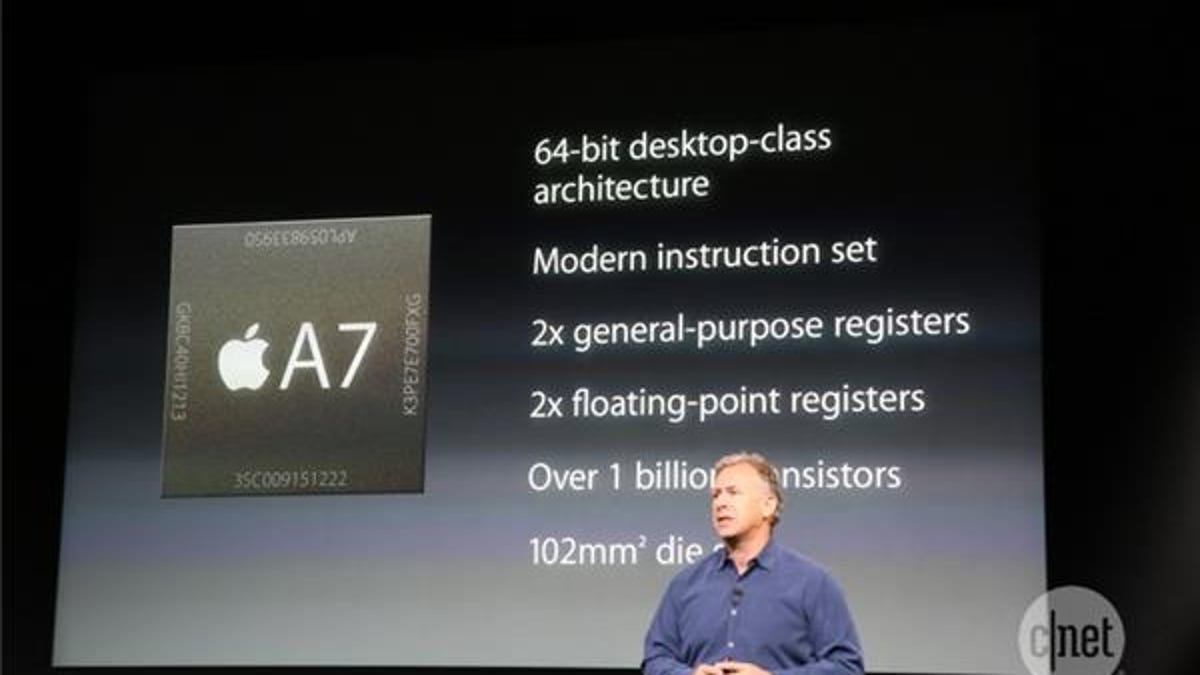ARM: Who needs 128-bit chips?
The mobile chipmaker says 128-bit processors might have a place in mobile devices in years to come, but for now, 64 bits is all we need.

ARM, the chip-architect that's behind nearly all of the mobile processors being used today, has no plans to work on 128-bit processors anytime soon.
In a blog post published on Friday, the company said that its 64-bit architecture will support "the needs of the computing industry now and for many years to come." The company added that it has no plans for "128-bit ARM-based chips because they simply aren't needed."
The blog post comes after Korea Herald published a story earlier this week saying that ARM is in fact working on 128-bit chip designs. That report included comments allegedly made by an ARM executive. In its official post, however, ARM denied any of those discussions took place.
"Comments attributed to any ARM executive including my colleague Antonio Viana that allegedly discuss any specific partner's chip plans for the future or 128 bit development are inaccurate: no such comments have been made," the company said.
Apple made waves earlier this year after announcing that its new

